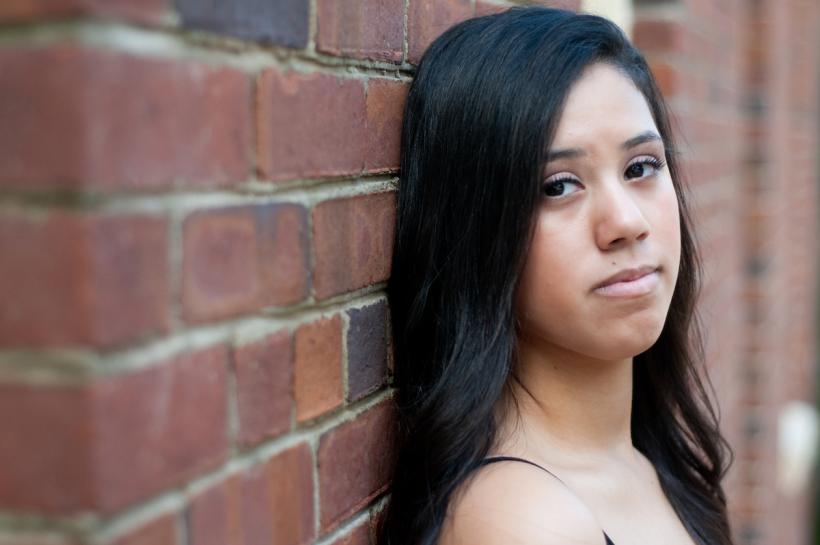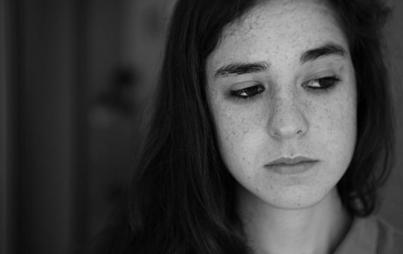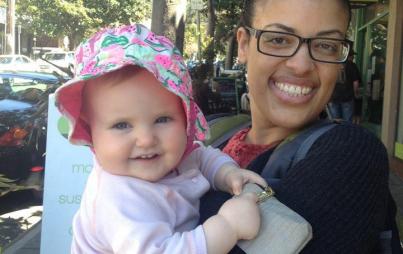
Though my father meant it as a compliment, the word “othered” my mother, younger sisters, and me.
The schoolyard is a battleground for kids who are different.
I spent my fair share of lunch periods dodging the arrows of curly hair insults and fat kid comments. No one would ever confuse me for a WASP and, at my very WASP-y public school, that made me a target. Still, I had my close-knit group of friends, my parents, and my sisters to console me. My mother and father in particular championed the beauty of my soul and mind. Even when they told me I was pretty, they were sure to emphasize my abilities or strength of character instead. To them, it was more important for me to cultivate imagination and kindness than to sport the “perfect” blonde ponytail and designer sneakers.
Still, even mindful parents can’t completely protect their daughters from wanting validation. I knew I was smart, creative, and compassionate, but I wanted to be beautiful. When you’re biracial—almost regardless of your racial background—it’s unlikely that you will fit traditional Western European beauty standards. As a little girl, I realized how arbitrary those standards were, because I would look to my Latina mother and know she was gorgeous. From her expressive eyes to her wide small to her golden skin, she was stunning and I wasn’t the only one who thought so. Friends, acquaintances, and strangers alike routinely told her.
Sadly, there’s no reverence for the “exotic,” only curiosity. That curiosity opens the door for cultural appropriation, which isn’t the same as genuine understanding or respect.
Still, peer pressure is silly. I didn’t want to be beautiful in the way that my mother was beautiful. She was an immigrant, a mother apart from all the other mothers. When I was little, I wanted to be beautiful in the way my most popular classmates were beautiful. I wanted blue eyes and porcelain skin. Though I didn’t think of it in such explicit terms back then, I wanted the markers of “whiteness.”
For years, my white father called my mother’s beauty an “exotic” beauty. When I started to come into my own, he began calling me “exotic,” too. It wasn’t until high school that I began to understand why this word bothered me. Though my father meant it as a compliment, the word “othered” my mother, younger sisters, and me.
On the surface, “exotic” connotes this dark, mysterious allure, but that’s the problem.
Why is anything that’s not white mysterious? Why isn’t it illuminated in mainstream (i.e., white) American culture? Why must it automatically be separated, distanced, and shoved back in the dark? When something (or someone) doesn’t earn the rather arbitrary label of “normal,” there’s often the implication that it is bad, wrong, or inferior. With that goes the right to be integrated into a society that makes every reasonable attempt to understand and pay its respects to the “exotic.” Sadly, there’s no reverence for the “exotic,” only curiosity. That curiosity opens the door for cultural appropriation, which isn’t the same as genuine understanding or respect.
Here my father was trying to celebrate his wife and daughters, but, as is typical even of good-hearted white men living in a society that privileges them, he was using oppressive language. I love my father and know that he’s an open-minded person. But therein lies the problem. Even a person who’s accepting of other races and cultures may not know that certain words and phrases are racially or culturally insensitive.
It wasn’t until recently that my younger sister and I politely and calmly asked our father not to use the word “exotic” to describe us anymore. He was a tad embarrassed, but he honored our request without any back-pedaling or mansplaining. Really, his reaction was ideal — just further proof that he’s a wonderful man who tries to do the right thing.
In my The Huffington Post piece, “How to Be an Ally Without Committing Rachel Dolezal’s Mistake,” I write that for allies, “the point is not to become the oppressed; the point is to end oppression. Members of the dominant group should focus on leveraging their social power to help change oppressive norms.”
By listening to what my sister and I had to say, my father was taking the first step toward encouraging social change.
In this particular case, that change was to drop the word “exotic” and stop making us feel like outsiders.
To fall outside of the narrow box that is white, Anglo-Saxon, and Protestant is not a crime. It’s actually the reality of most people on Earth. One of the world’s greatest tragedies is that a relatively small group of people holds the majority of the power. May this group eventually choose to use that power for justice and stop exoticizing the other. We can hope and pray, but it’s going to require our nudging, too.








